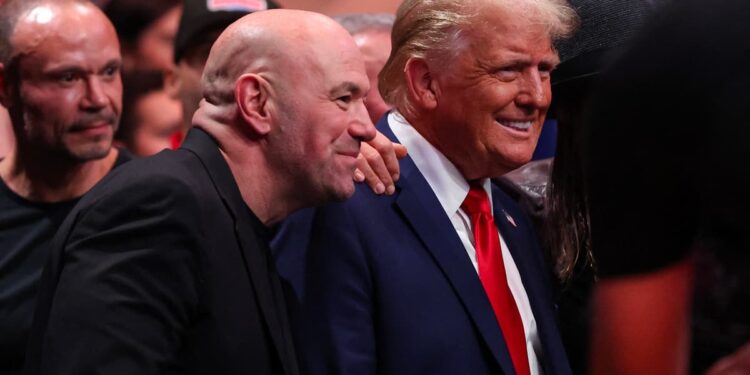Influencers played a very important role in Donald Trump’s victory in the American presidential election, so much so that they risk being at the heart of the future president’s communications strategy over the next four years.
• Also read: Trump finalizes his future government by appointing his Secretary of Agriculture
• Also read: Stormy Daniels case: judge indefinitely postpones Trump’s sentencing
• Also read: “Quebec journalists, you don’t like Trump”: Richard Latendresse replaces an Internet user during his show “Contextes”
During his campaign, the Republican candidate preferred to increase the number of appearances on podcasts rather than granting interviews to traditional media.
“He really fell back on influencers,” says Vincent Raynauld, professor of political communication at Emerson College in Boston. “One of the key elements of his campaign was his presence (in) the various podcasts. Donald Trump really focused on specific podcasts.”
“For example, when he wanted to talk about personal finance, he went (to) personal finance podcasts,” he adds. “He was really able to take advantage of this fragmentation of the American media space by having a precise message for a precise audience.”
According to a Pew Research Center survey, 37% of young people aged 18 to 29 in the United States have influencers as their main source of news.
Of this number, 60% indicate that the influencers in question they trust with their news are men.
One of the attractions of these platforms is the more informal setting which allows for better communication directly with the public.
It also allows politicians to have access to an environment where complacency is more possible.
“That could be the case,” says Vincent Raynauld. “We could see (in some cases) that Donald Trump was able to have a slightly more relaxed conversation. This style is something that the public really likes. So we are able to have a slightly more human relationship with members of the public.”
“67% of these influencers have no training in journalism,” he adds. “So, it’s really very easy for Donald Trump’s campaign to go on these platforms and be able to exploit this lack of journalistic training and be able to deliver its message.”
The political communications professor believes that Donald Trump will continue to use these new means to deliver his messages during his four years in power.
“I don’t think it’s going to become the only channel, but it’s going to become an increasingly important channel,” he says. “That is to say, we predict that for the next four years, Donald Trump will fall back on podcasts and other sociomedia platforms to gain access to the public.”
“We have noticed since the start of the transition that Donald Trump (had) given very few or no interviews to traditional media. Even members of his team fall back on platforms like X and Truth Social to take on traditional media and make complementary announcements.
Mr. Raynauld believes that important changes are underway within these platforms.
“There is a transformation of the sociomedia space that is taking place,” he mentions. “People are abandoning CNN and MSNBC a little for social media and we have also seen since the election that people are abandoning the X platform for Bluesky.”
“There is a real movement in the United States,” he adds. “It will be interesting to see how the American media space will reposition itself and how the public will have access to its information,”
Watch the full interview in the video above.



